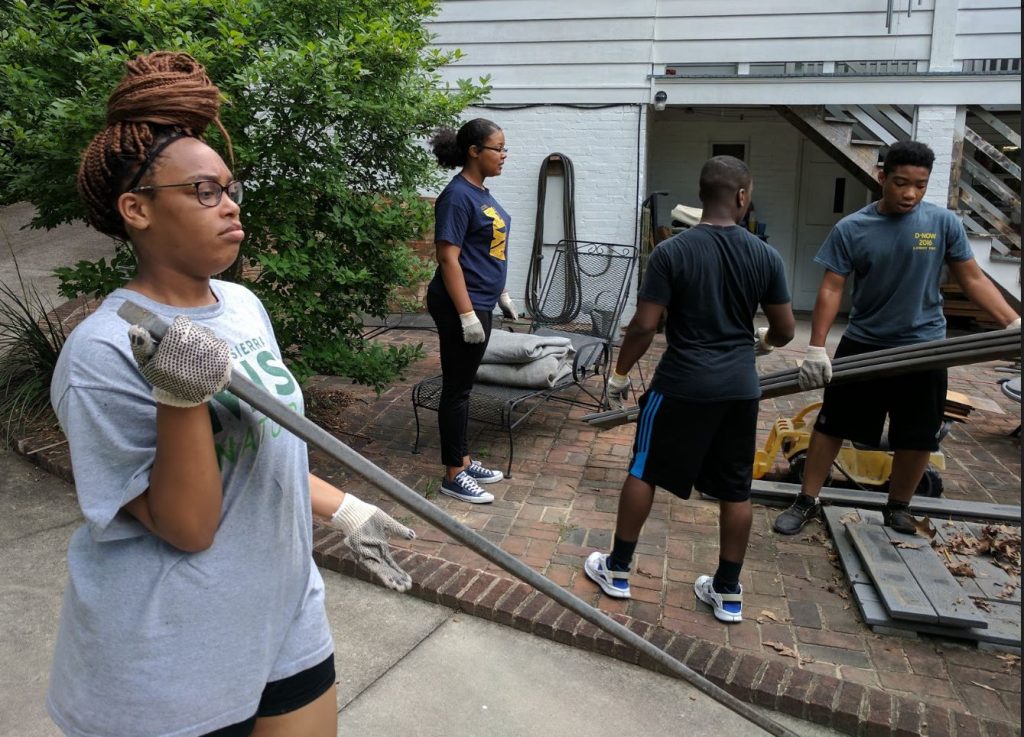Life Management Guidance Curriculum
The Life Management Guidance curriculum is an interactive training tool that steers youth through a personalized development process to identify WHO they are, WHAT they want in life, and HOW to devise a personal plan of action to reach their goals. The LMG curriculum teaches essential life skills lessons and engages youth in relevant project-based learning activities that connect the classroom to real life. The curriculum can also be offered as supplemental material for Career Technical Education classes during the school day or integrated as an individualized career planning program for after school and summer enrichment initiatives.
Life Skills
Life skills sessions hinge around the concept of helping students construct their own ‘personal story’ (called ‘My Story’ Identification). As they develop “Their Stories,” students will undergo a process that begins with a reflective glance into past incidents, circumstances, and relationships that have shaped their current perspective on life. Afterwards, they will be exposed to a series of compelling lessons and challenging growth exercises that will nurture in them a positive outlook toward the future. Activities are designed to help them build self-esteem, set goals, and develop personal plans of action that support positive decision making that results in desirable outcomes.
Career Research
The Career Research Project is a vital part of the Life Management curriculum. Students begin by taking a career assessment that links them by their personality traits and general interests to specific career choices. After choosing their top three career choices, students go online and print off information sheets about those careers. The information sheets provide detailed descriptions about the hiring outlook, education/training qualifications, earnings, and other information about their specific career choices. In the student workbook, there are Career Worksheets on which they transfer this information for easy access and quick reference when they need it.
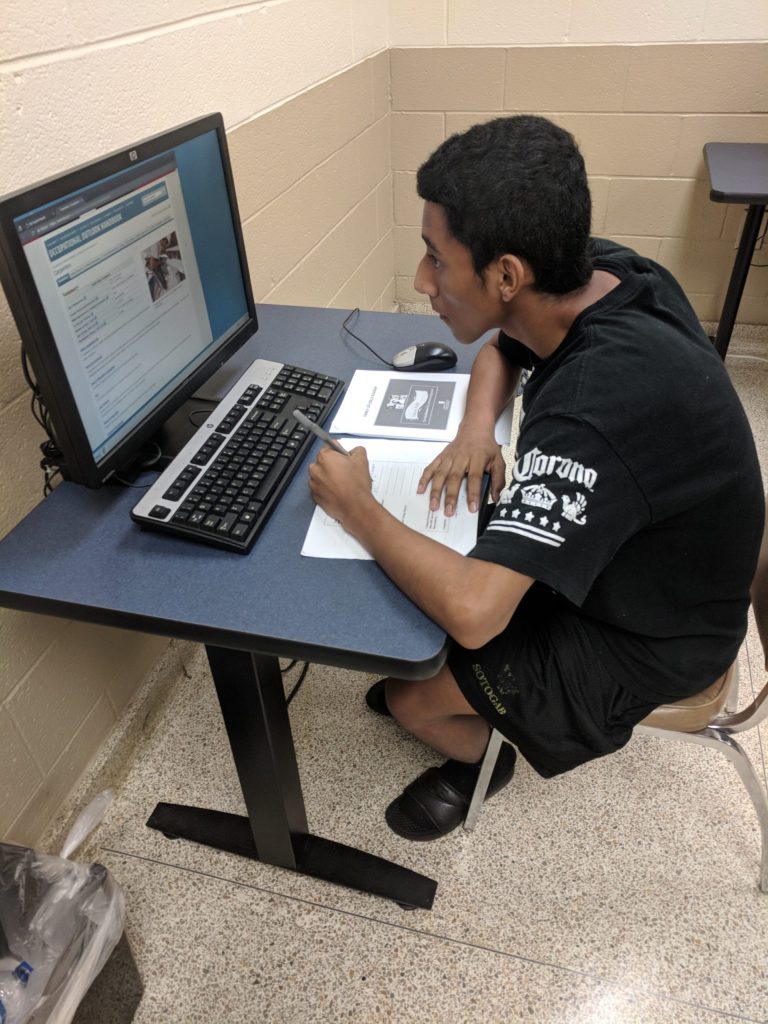
Entrepreneurship
Students will explore entrepreneurship as a viable career option. In today’s global marketplace, owning a business or at least becoming more entrepreneur-minded will be critical for them to remain resourceful and competitive. Students will learn the characteristics of an entrepreneur and the three types of businesses. They will also gain a basic understanding of the US Economic System, of markets, and of the Three Pillars of Free Enterprise. Students will learn how to plan and promote a business concept they come up with themselves!
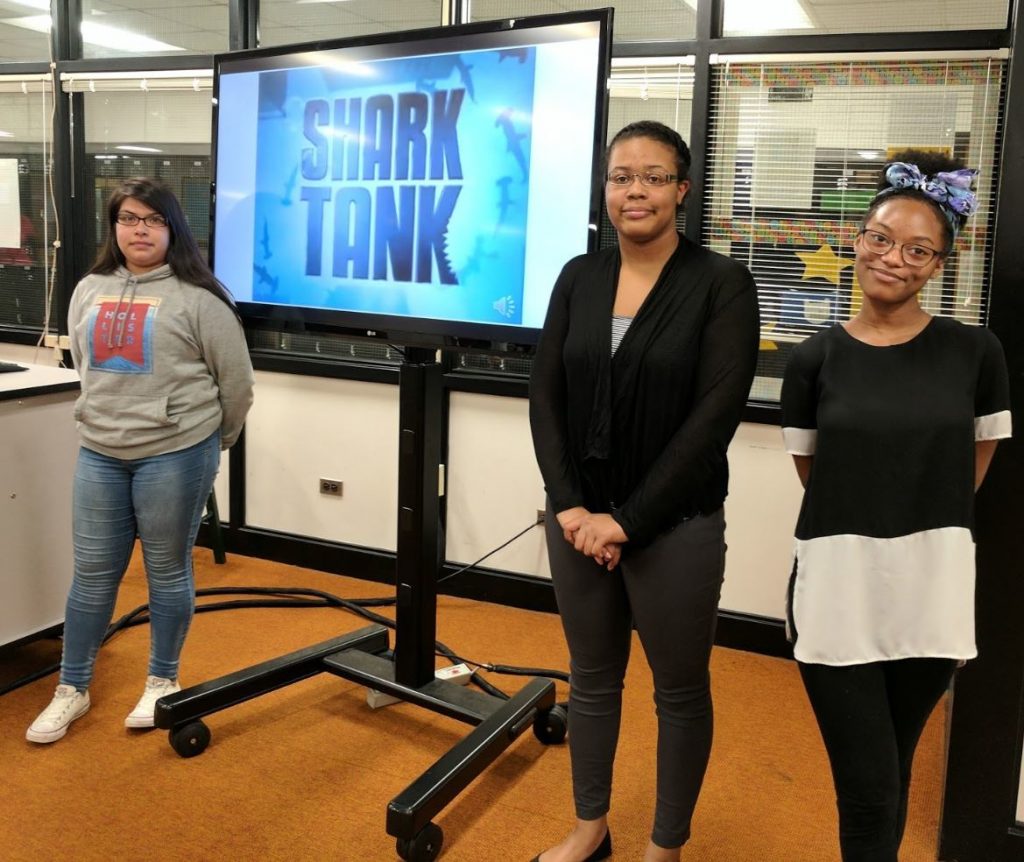
Personal Economics
Personal Economics/Financial Literacy is less about how to open a bank account, create a budget, or invest money — although students will calculate their own personal ‘Living Wage’ budget worksheets. It is more about how decisions affect one’s financial status and how making the right choices regarding education, family size, marital status, and geographic location contribute to reducing the likelihood they will live in poverty as adults. Students will gain a clear understanding about poverty rates, the working poor, and the essentials to earning a living wage.
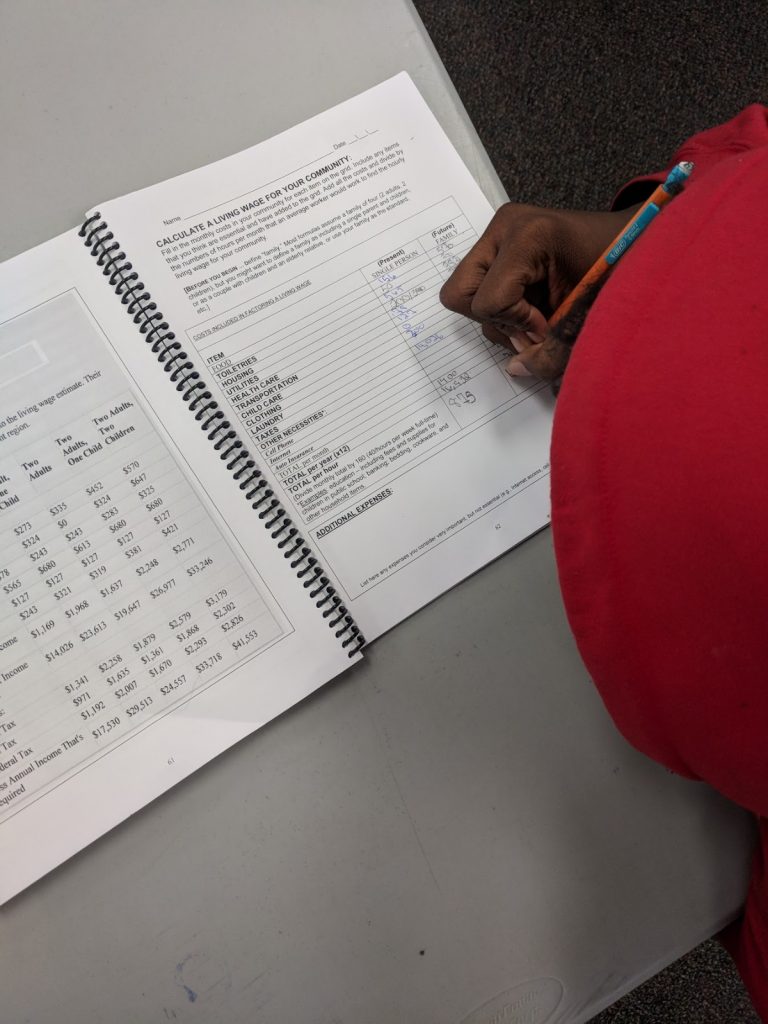
Job Readiness
Getting and keeping a job in today’s world and job marketplace is becoming increasingly competitive. During the Job Readiness trainings, students will learn the Three-Part Employment Process. They will also write their own resume and cover letter, as well as learn some useful strategies to help them stand out during job interviews.
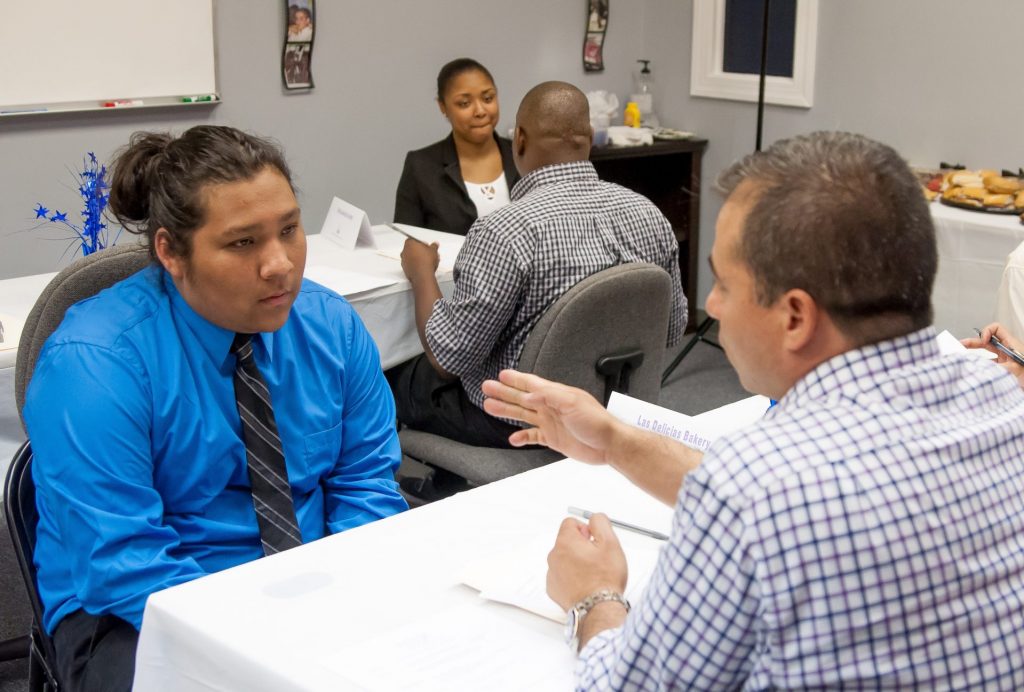
Community Service
Coordinating and facilitating Community Service projects teaches community pride, personal responsibility, and develops leadership skills. Students will learn the key skills to ensure a meaningful, successful project, such as how to determine a need, how to identify resources to help meet project objectives, and how to develop a plan of action. Students will also produce a presentation explaining the scope and plan of their service project.
